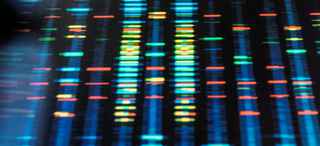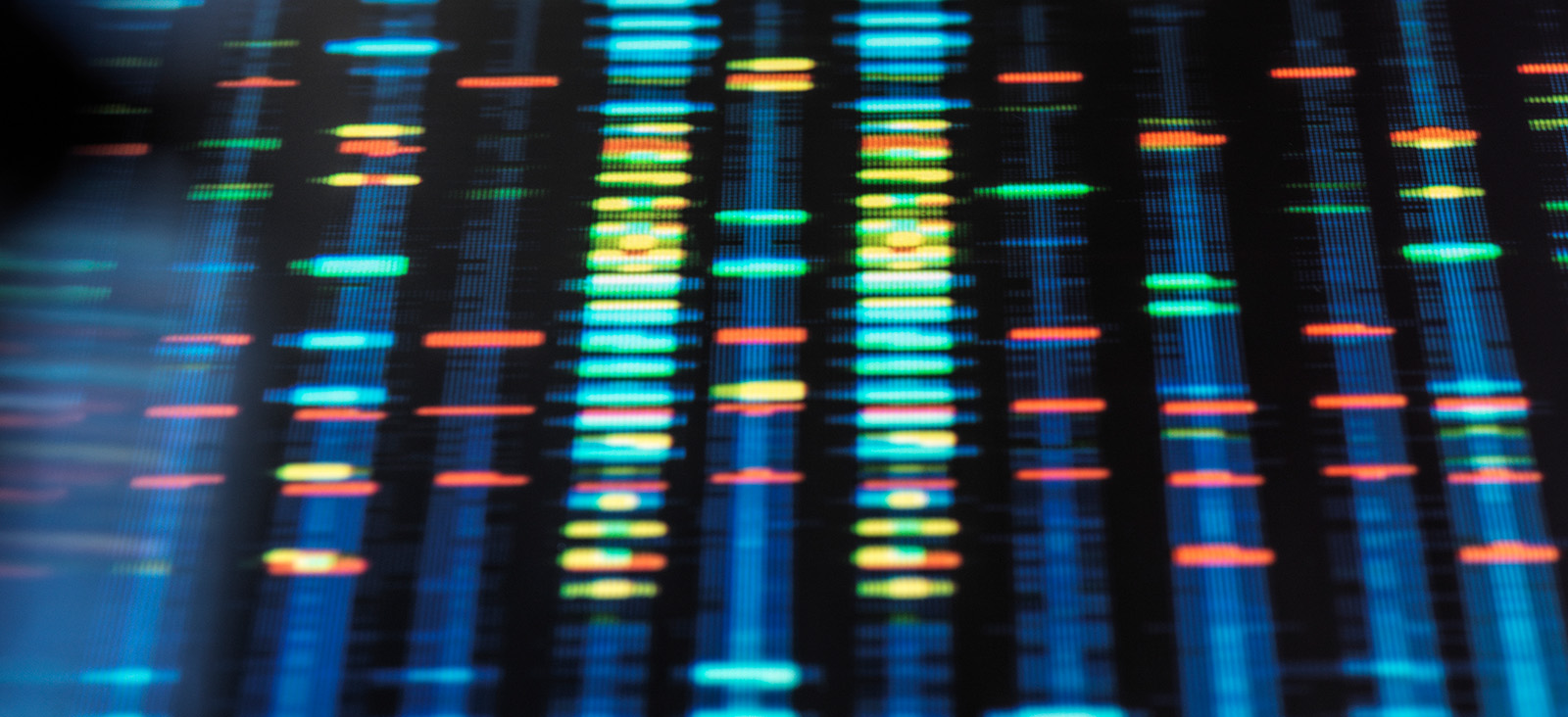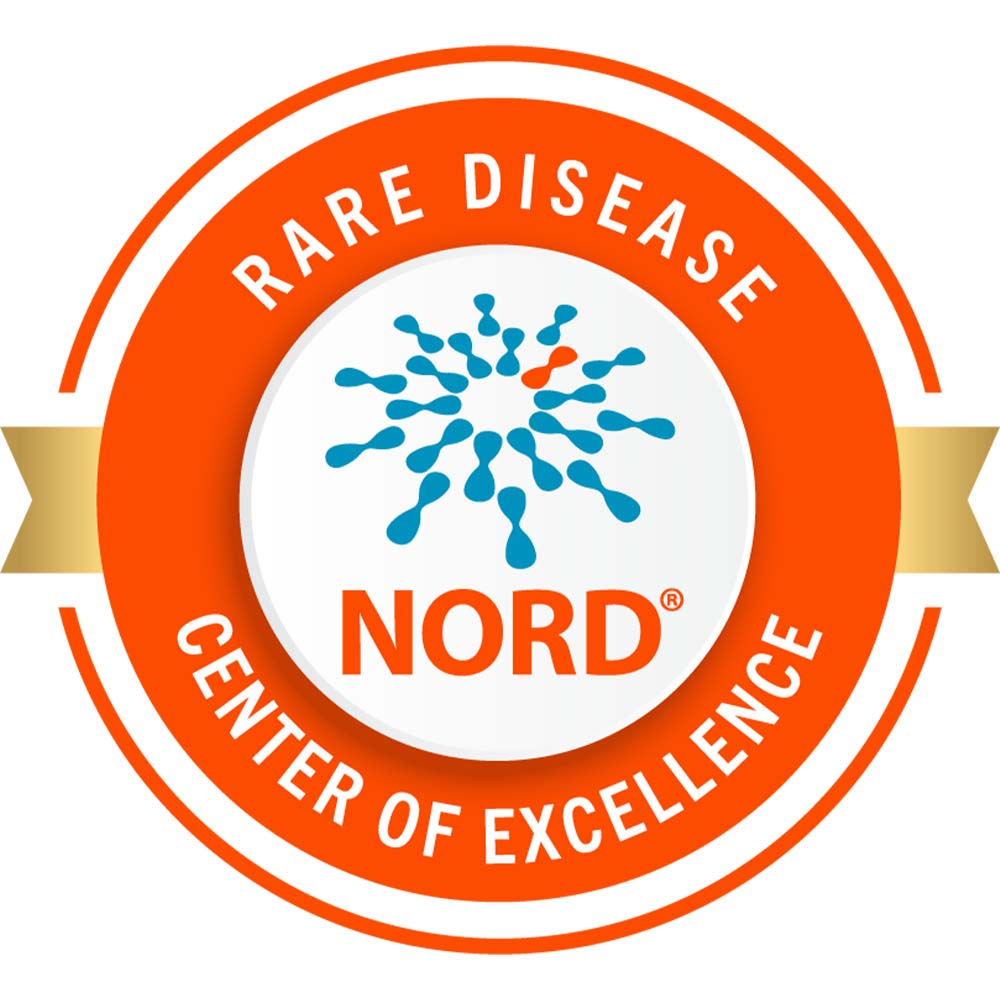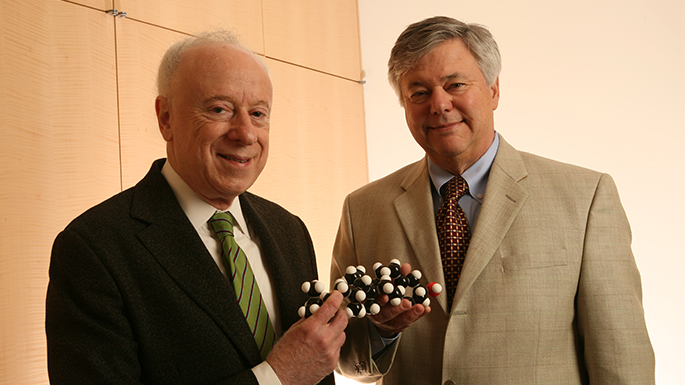UT Southwestern Medical Center’s doctors focus on providing the highest quality care for patients with rare diseases, which can be challenging to diagnose and treat.
We treat rare diseases that can affect any part of the lifespan, from birth through old age, including conditions that can complicate pregnancy. Our team also conducts innovative research to pioneer new treatments for these uncommon diseases.
The National Organization for Rare Disorders (NORD) selected UT Southwestern Medical Center as a Rare Disease Center of Excellence. We are charter members of an elite national network of 31 centers. The goal of the network is to expand access and advance care for rare disease patients and to support research toward treatments and cures.
Comprehensive, Multidisciplinary Care for Rare Diseases
There are about 7,000 known rare diseases, many of which disproportionately affect children, adolescents, and young adults. Although most rare diseases might individually affect only a few hundred to a few thousand people worldwide, collectively they are common, affecting an estimated 25 million to 30 million people in the U.S. alone.
Most of the currently recognized rare diseases are thought to be genetic – caused by changes in genes or chromosomes. In some cases, genetic changes that cause disease are passed from one generation to the next. In other cases, when only a single person in the family is affected, the condition still might be genetic, but often we do not yet know the source of the condition.
UT Southwestern has received numerous national designations for rare disease care, has established high-level initiatives within its hospital and clinics as well as with affiliated institutions, and has ongoing educational and training programs for future generations of caregivers.









